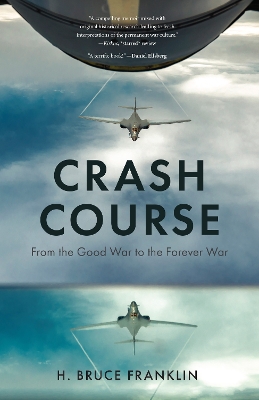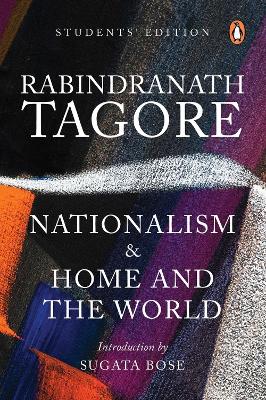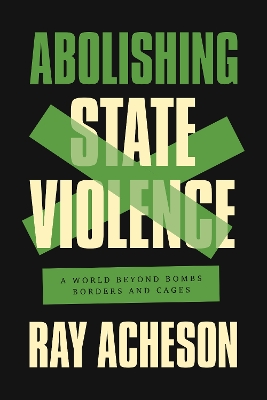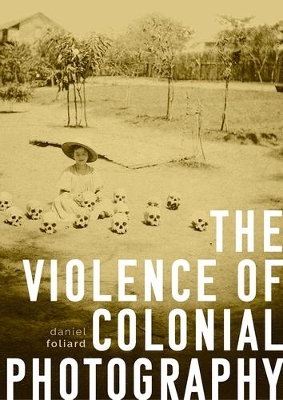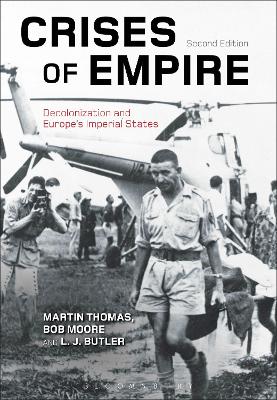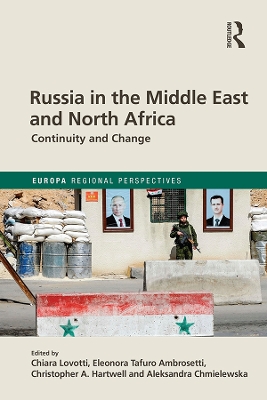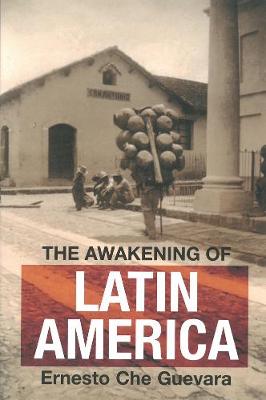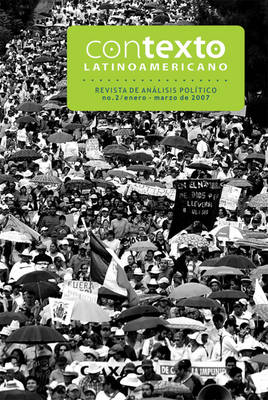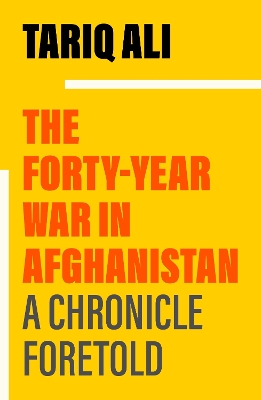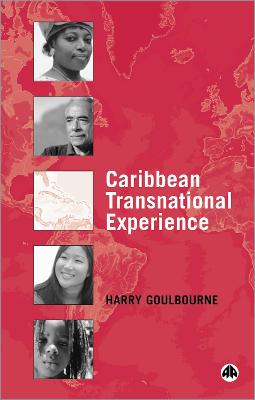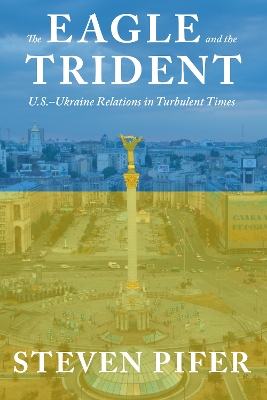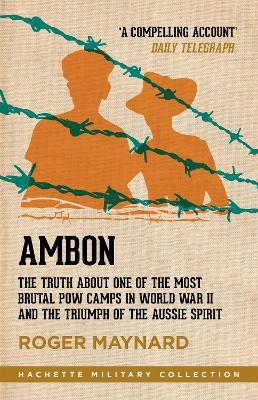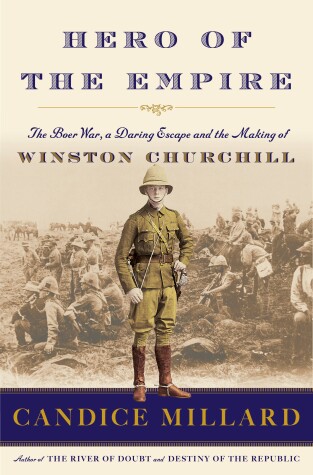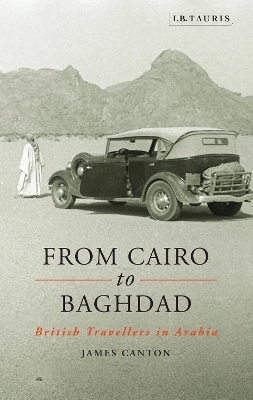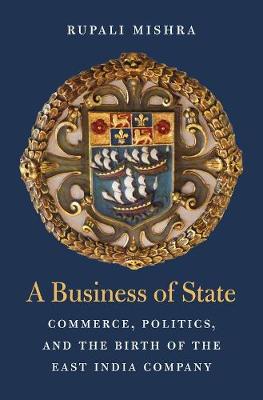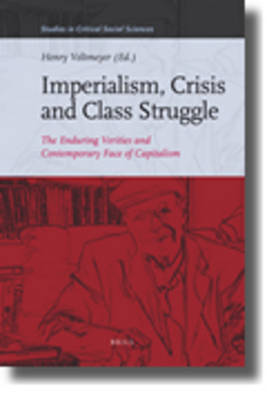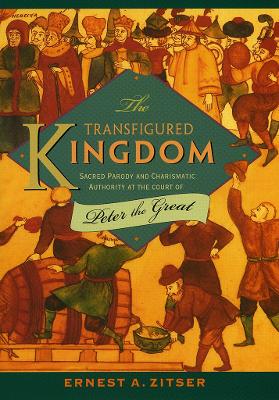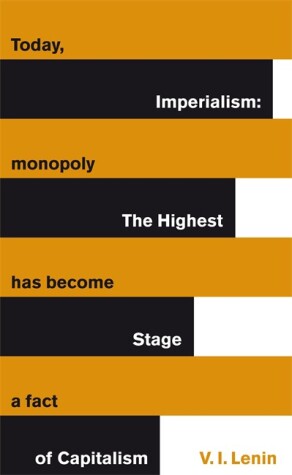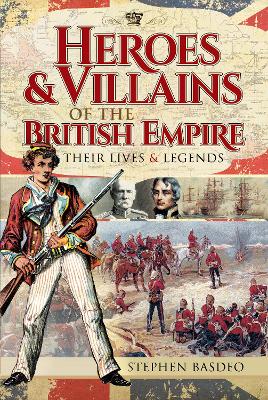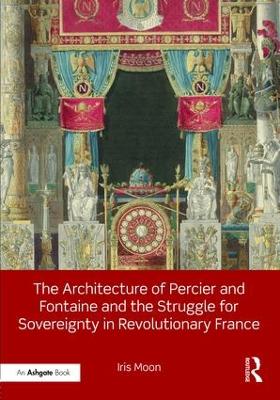"How did the mightiest nation in the history of the planet end up forever fighting unwinnable wars under a dysfunctional government despised by an increasingly divided citizenry? To help make sense of this crash course, Bruce Franklin offers another kind of crash course, a personal odyssey through modern American history. Readers are plunged into history, partly by reliving some of the author's experience and evolving consciousness: born in the Depression, molded by the victory culture of World...
Combining two classic texts by Rabindranath Tagore, this special edition features a new Introduction by eminent scholar Sugata Bose. Nationalism is based on Tagore's lectures, warning the world of the disasters of narrow sectarianism and xenophobia. Home and the World is a classic novel, exploring the ever-relevant themes of nationalism, violent revolution, and women's emancipation.
Abolishing State Violence provides brilliant and accessible insights and analysis about some of the key structures of violence in our world today, as well as the ongoing activism for their abolition. The chapters of this book connect various movements for social justice, providing ideas for how activists can support and build on each other's analysis and strategy. It shows that there are many, mutually supportive, abolition movements, each enhanced by a shared understanding of the relationships...
The late nineteenth century saw a rapid increase in colonial conflicts throughout the French and British empires. It was also the period in which the camera began to be widely available. Colonial authorities were quick to recognise the power of this new technology, which they used to humiliate defeated opponents and to project an image of supremacy across the world.Drawing on a wealth of visual materials, from soldiers' personal albums to the collections of press agencies and government archives...
Crisesof Empire offers a comprehensive and uniquelycomparative analysis of the history of decolonization in the British, Frenchand Dutch empires.By comparing the processesof decolonization across three of the major modern empires, from the aftermathof the First World War to the late 20th century, the authors are able toanalyse decolonization as a long-term process. They explore significant changes to the international system, shiftingpopular attitudes to colonialism and the economics of empire....
Russia in the Middle East and North Africa (Europa Regional Perspectives)
After decades of intense interest and rivalry with the USA, the end of the Cold War and the dismantling of the USSR officially marked a period of significant retreat of Russia from the Middle East and North Africa (MENA). However, with Russia’s economic recovery and the entrenchment of President Vladimir Putin, Russia’s interest in the region has risen anew. Once again seen as a battleground to contest US hegemony, Russia has expanded its political, military and (to a lesser extent) economic rel...
Contexto Latinoamericano No.2
This book examines today's vibrant and creative trans-Atlantic Caribbean community. Chapters explore questions of definition and theory, the common Atlantic heritage and fate, social and economic contexts of Caribbean transnationality, Africa, the USA and the Caribbean in popular discourses in Britain, transnationality of families and the propensity for Caribbean-born and their offspring to return to the Caribbean from the mother country. Caribbean Transnational Experience concludes with...
An insider’s account of the complex relations between the United States and post-Soviet Ukraine The Eagle and the Trident provides the first comprehensive account of the development of U.S. diplomatic relations with an independent Ukraine, covering the years 1992 through 2004 following the collapse of the Soviet Union. The United States devoted greater attention to Ukraine than any other post-Soviet state (except Russia) after the breakup of the Soviet Union. Steven Pifer, a career Foreign Serv...
'a compelling account of one of World War II's most brutal prisoner of war camps'DAILY TELEGRAPHIn February 1942 the Indonesian island of Ambon fell to the might of the advancing Japanese war machine. Among the captured Allied forces was a unit of 1150 Australian soldiers known as Gull Force, who had been sent to defend the island - a strategy doomed from the very beginning. Several hundred Australians were massacred in cold blood soon after the Japanese invasion. But that was only the start of...
From New York Times bestselling author of Destiny of the Republic and The River of Doubt, a thrilling narrative of Winston Churchill's extraordinary and little-known exploits during the Boer War At age twenty-four, Winston Churchill was utterly convinced it was his destiny to become prime minister of England one day, despite the fact he had just lost his first election campaign for Parliament. He believed that to achieve his goal he must do something spectacular on the battlefield. Despite...
Until the 1880s, British travellers to Arabia were for the most part wealthy dilettantes who could fund their travels from private means. With the advent of an Imperial presence in the region, as the British seized power in Egypt, the very nature of travel to the Middle East changed. Suddenly, ordinary men and women found themselves visiting the region as British influence increased. Missionaries, soldiers and spies as well as tourists and explorers started to visit the area, creating an ever bi...
At the height of its power around 1800, the English East India Company controlled half of the world's trade and deployed a vast network of political influencers at home and abroad. Yet the story of the Company's beginnings in the early seventeenth century has remained largely untold. Rupali Mishra's account of the East India Company's formative years sheds new light on one of the most powerful corporations in the history of the world.From its birth in 1600, the East India Company lay at the hear...
Imperialism, Crisis and Class Struggle (Studies in Critical Social Sciences, #21)
This book of essays is written in honour of James Petras, in recognition of his intellectual achievements and political interventions—his steadfast principles, distinguished scholarship, extraordinary writing and uncompromising dedication to the popular struggles of millions across the world. In recognition of his lifetime of significant contributions and central role in the global struggle for social justice, the authors of this collection, each a leading scholar in his own right, address some...
Imperialism in Modern German History (Bloomsbury History of Modern Germany)
by Eva Bischoff
The Transfigured Kingdom (Studies of the Harriman Institute)
by Ernest A. Zitser
In this richly comparative analysis of late Muscovite and early Imperial court culture, Ernest A. Zitser provides a corrective to the secular bias of the scholarly literature about the reforms of Peter the Great. Zitser demonstrates that the tsar's supposedly "secularizing" reforms rested on a fundamentally religious conception of his personal political mission. In particular, Zitser shows that the carnivalesque (and often obscene) activities of the so-called Most Comical All-Drunken Council ser...
Imperialism: The Highest Stage of Capitalism (Penguin Great Ideas)
by Vladimir Lenin
Vladimir Lenin created this hugely significant Marxist text to explain fully the inevitable flaws and destructive power of Capitalism: that it would lead unavoidably to imperialism, monopolies and colonialism. He prophesied that those third world countries used merely as capitalist labour would have no choice but to join the Communist revolution in Russia. GREAT IDEAS. Throughout history, some books have changed the world. They have transformed the way we see ourselves - and each other. They ha...
The Dual-System Problem in Complex Conflicts
by Melissa Gregg and Robert D. Lamb
From the sixteenth until the twentieth century, British power and influence gradually expanded to cover one quarter of the world's surface. The common saying was that the sun never sets on the British Empire . What began as a largely entrepreneurial enterprise in the early modern period, with privately run joint stock trading companies such as the East India Company driving British commercial expansion, by the nineteenth century had become, especially after 1857, a state-run endeavour, supporte...
The Architecture of Percier and Fontaine and the Struggle for Sovereignty in Revolutionary France
by Iris Moon
As the official architects of Napoleon, Charles Percier (1764–1838) and Pierre-François-Léonard Fontaine (1762–1853) designed interiors that responded to the radical ideologies and collective forms of destruction that took place during the French Revolution. The architects visualized new forms of imperial sovereignty by inverting the symbols of monarchy and revolution, constructing meeting rooms resembling military encampments and gilded thrones that replaced the Bourbon lily with Napoleonic bee...

